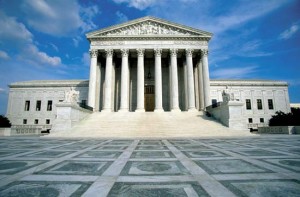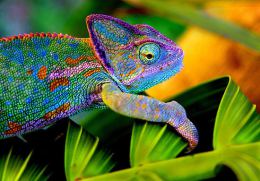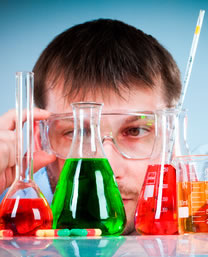US Supreme Court stops patenting of human genes
 The US Supreme Court unanimously ruled on June 13 that human genes cannot be patented, drawing a red line between “naturally occurring” DNA sequences and similar, artificial genes created in the biotech laboratory. So, natural genes are no longer patentable in the United States, while potentially allowing inventors to retain rights to artificially created DNA.
The US Supreme Court unanimously ruled on June 13 that human genes cannot be patented, drawing a red line between “naturally occurring” DNA sequences and similar, artificial genes created in the biotech laboratory. So, natural genes are no longer patentable in the United States, while potentially allowing inventors to retain rights to artificially created DNA.
The issue at question is whether genes, when isolated from the chromosomes in which they reside, are an invention, and therefore eligible for a patent, or a product of nature, which, regardless of the effort or expense involved in its discovery, cannot be patented.
The decision overturns years of policy at the US Patent and Trademark Office in favor of gene patents and could endanger many other granted patents. On the other hand, many of such patents are old and already expired. In recent years The US Patent Office has been less inclined to issue gene patents, especially since researchers have sequenced the entire human genome.
The European patent law has been traditionally more restrictive, allowing only application based, biotechnological patenting of human genes[1].
To read the full article, please login. The full content of this article and all premium articles is available exclusively for site members.
Site membership is free. If you are an existing user, please login. New users may register below.


